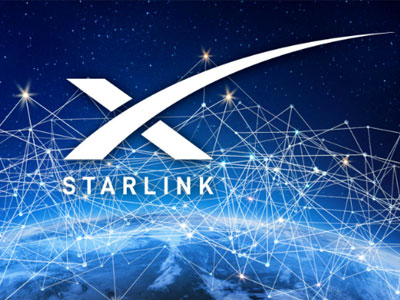At about 3 p.m. Eastern Time (July 24) on Thursday, users continued to report that the StarLink network was disconnected, and more than 60,000 global users reported network connection problems on the Down Detector website.
According to current statistics, the affected countries and regions include the United States, Europe, Africa, Asia and Australia, and many users described the outage as a comprehensive failure. StarLink's network was restored after an outage of 2 hours and 15 minutes.
Doug Madory, director of Internet analysis at Kentik, said that Starlink's outage lasted more than two hours, which was the longest outage since Starlink became a major communications service provider.
This outage further exacerbated market concerns about StarLink's long-term stability. Previously, NASA warned in a study that solar activity could threaten StarLink's rapidly expanding network, because geomagnetic storms caused by solar eruptions are heating up the Earth's upper atmosphere and increasing resistance, while causing Starlink satellites in low-Earth orbit to fall faster than expected.
Questioning Voices
StarLink is one of the flagship businesses of Musk's company SpaceX, which now provides mobile broadband Internet services to more than 130 countries and regions. The company also plans to launch more than 12,000 satellites to continue to improve its global high-speed Internet network.
However, this business has become the latest technical field in Musk's company to have problems. Earlier this year, Musk revealed that his social platform X had become the target of a large-scale cyber attack.
The continuous technical problems have also raised questions about the cybersecurity infrastructure behind Musk's growing digital empire, especially his platform plays an increasingly important role in communications and global connectivity.
And customers served by Musk's companies are also complaining. Some people pointed out that StarLink's interruption during the geopolitical conflict fully proved that it was a bad defense contractor, and the country's reliance on private technology for critical infrastructure construction will have a wide range of impacts.
Others asked Musk to be responsible for the network outage, claiming that StarLink must refund customers or discount the next subscription because the company did not fulfill its promise to provide continuous and stable service.




